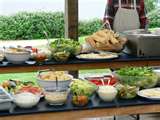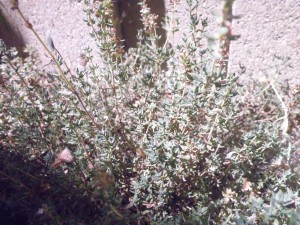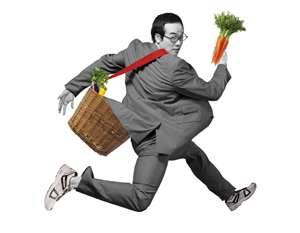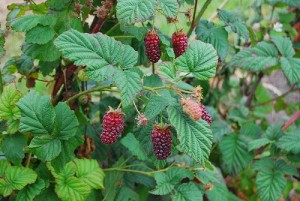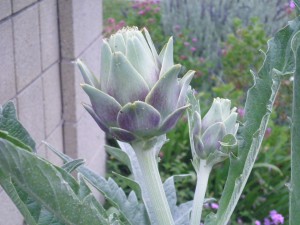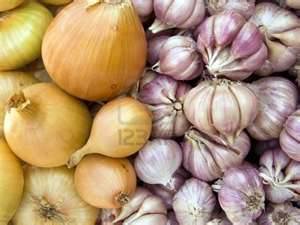Recently, I bulk-bought ten pounds of raw almonds with other local gardeners in the area. Why would I do that when I live and California and can get them from the local store? Well, they go through a pasteurization process to kill any organisms that might be on them, like samonella. But in doing so, they also can eliminate beneficial enzymes that the raw food movement so greatly follows.
No, the reason I bought these raw almonds was because they came from Italy. Yes, Since the United States doesn’t allow any truly raw almonds, this was my next choice.



